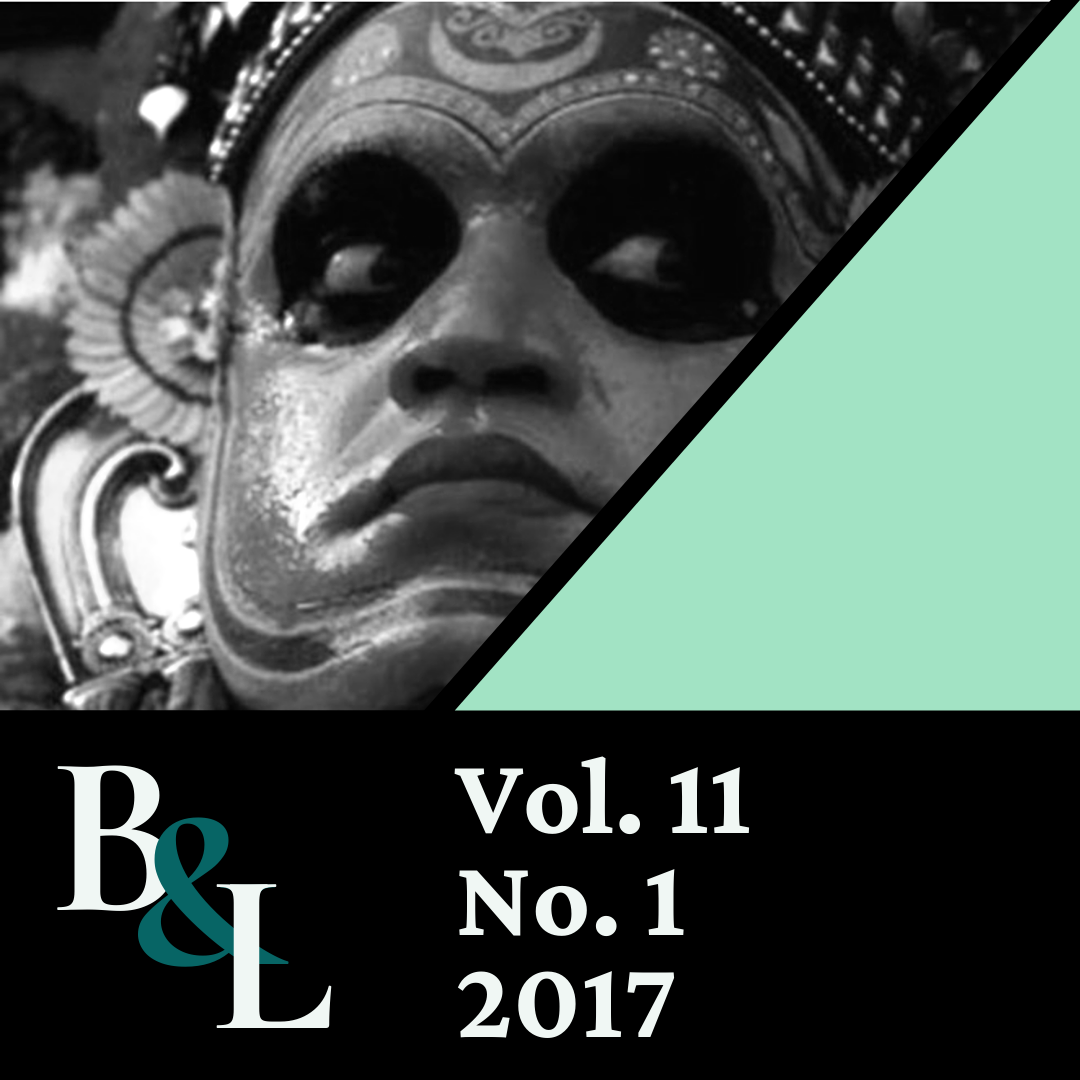The Past is a Foreign Country
World Musics Signifying History in/and Elizabethan Drama
Abstract
Research on global Shakespeare has focused on the ways in which the plays have been adapted for indigenous languages and customs. Less attention has been paid to the ways in which non-British directors have treated the Elizabethan drama. Yet there are a number of works that create direct musical dialogues between Elizabethan drama, history, and the cultures of England's colonies. In Tim Supple's 2003 Twelfth Night, Indian music signifies the divide between Viola and Sebastian's origins and a British Illyria; a 2006 Danish Ur-Hamlet uses music from former British colonies and a faux-medieval score that serve as "an exchange of cultural manifestations." And both the BBC's Virgin Queen (2005) and Kapur's 2007 Elizabeth: the Golden Age use Indian music to represent the empire's colonial enterprises. I examine how these musics function in the context of screen works, and what their use might signify in Elizabethan drama and historical pieces overall.


